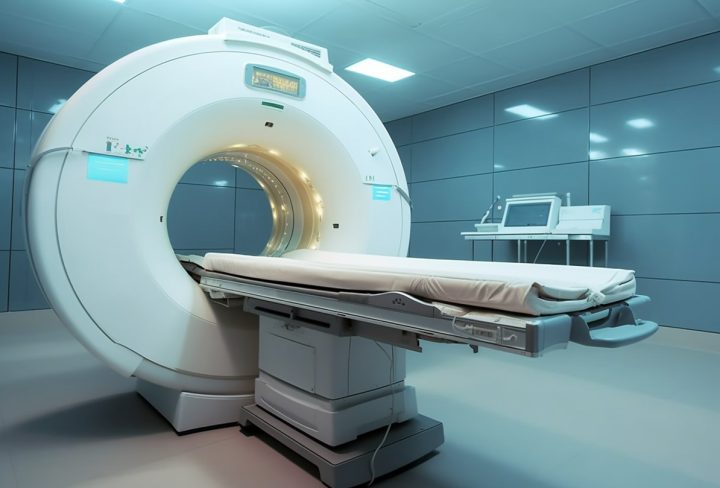Introduction: Unveiling Urinary Tract Clarity
Computed Tomography Intravenous Urography (CT-IVU) is an advanced imaging technique that harnesses the power of contrast-enhanced CT scans to offer a comprehensive view of the urinary tract. This non-invasive procedure provides detailed anatomical and functional insights into the urinary system, aiding in the diagnosis of a range of conditions.
The Power of CT-IVU: An Insightful Approach
CT-IVU involves the injection of contrast material into a vein, followed by CT scans capturing images as the contrast flows through the urinary system. This dynamic process results in real-time imaging that uncovers crucial information about the health of the urinary tract.
Benefits of CT-IVU: Illuminating Urinary Health
- Real-Time Imaging: CT-IVU offers real-time visuals, enabling medical professionals to observe the urinary system’s function as it happens.
- Kidney Stone Diagnosis: With its high-resolution imaging, CT-IVU aids in identifying and precisely locating kidney stones.
- Urinary Tract Infection Detection: The technique helps detect infections in the urinary tract, guiding appropriate treatment plans.
- Uncovering Abnormalities: CT-IVU is instrumental in identifying structural abnormalities within the urinary system, such as congenital issues or anatomical anomalies.
- Spotting Urinary System Cancers: Detailed images can help detect cancers in the urinary system at an early stage, facilitating timely intervention.
Conclusion: Empowering Urinary Health
Computed Tomography Intravenous Urography (CT-IVU) revolutionizes the way we visualize and understand the urinary tract. Its ability to provide real-time, high-resolution images equips medical professionals with essential information to diagnose conditions accurately. From kidney stones to urinary tract infections and even potential cancers, CT-IVU plays a vital role in preserving and enhancing urinary system health.
